Affordable & Flexible Edmonton Travel Insurance
We’re Here to Help Ensure Your Vacation Insurance is Well Taken Care of Before You Set Out of Edmonton or Alberta
The Go Insurance team wants to help you enjoy your vacation with full relaxation by making sure you’re covered for any event or situation before you leave.
Whether you’re travelling around the corner or around the globe, for a few days or a few months, our travel insurance packages offer you flexibility and peace of mind so you can make the most of your vacation, and stay worry-free. We hope your trip goes smoothly, but in case there are any bumps along the road, we’ll have you covered!
Some of the benefits of travel insurance include:
- Medical assistance and expense coverage
- Baggage, personal effects and currency coverage
- Trip cancellation coverage
- Rental car physical damage coverage
- Coverage limit of $5,000,000
Travelling Out of Domestic or International Borders
At Go Insurance, we know that safeguarding you and your family’s health and safety is at the top of your list when it comes to international travel. That is why our team of highly trained and experienced insurance consultants will help you tailor a travel insurance plan that will specifically address and meet all of your travel requirements. We want you to have that well-deserved vacation and not worry about any potential troubles on your way back home to Edmonton!
While some may view travel insurance as an extra unnecessary expense, unexpected sicknesses or accidents can happen to anyone. The last thing you want to worry about on your trip is if you can afford medical or emergency expenses out of pocket.
In addition, purchasing travel insurance can bring about the following assurances:
- Receiving coverage for medical emergencies in an out-of-country medical facility
- Assistance with navigating a foreign medical healthcare system with an experienced travel insurance consultant
- Coverage in the event you need to abruptly cancel a costly trip
- Coverage for lost, stolen, or damaged luggage
Getting matched with a trip insurance policy that lines up with your remaining vacation budget is as easy as a simple phone call! We even have an online tool that allows clients to browse through a selection of quotes curated for their specifications! For personalized and knowledgeable travel insurance consultations, be sure to give us a call at 1 (780) 448-2298!
Trip Cancellation or Trip Interruption Coverage
Unfortunately, unanticipated events may occur that can lead to you having to cancel your trip or cut short your vacation to return back home. With travel insurance, you can be covered for these instances and not incur a total loss for all the expenses put into your long-anticipated travel plans. We understand that your trip cancellation or interruption may be out of your control. That is why we are here to help you cover what you can while you focus on what’s important.
Go Insurance partners with many different insurance providers to ensure that you receive a competitive selection of quotes and options. Start your trip planning with a little insurance shopping with us today!
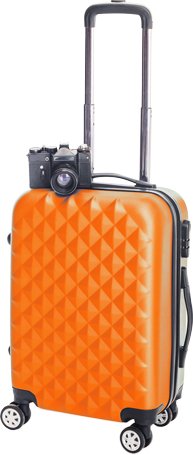
Ready To Get Travel Insurance With Go Insurance?
Call 1.780.448.2298 or fill out the form
Tips for Safe Travel
Whether you’re travelling around the corner or the globe, there’s always a tip or two you can learn.
We’re as excited about your upcoming vacation as you are! So, we’ve put together a list of tips on travelling safely, so you can arrive at your destination and back home safe and sound. If you have other questions or want further information about any of the points below, please give us a call at 780.448.2298.
Before you go, be in the know
- Leave a travel itinerary and contact details with family or friends in Canada.
- Provide family with the emergency number for Foreign Affairs and International Trade Canada.
- Keep the phone numbers for the Canadian government offices in the countries you plan to visit on hand while you travel.

What Our Clients Are Saying
Based on 314 reviewsPosted on Google
Choosing Your Accommodations
On Your Way To Your Destination
Staying Safe Once You're There
Final Travel Tips
5 Travel Insurance Myths
Myth #1: Travel insurance is only needed when you travel outside of Canada
Just because your risk of financial trouble is lower in Canada, it doesn’t mean that the risk is nonexistent. Each province has a reciprocal agreement that allows visitors to another province to seek emergency medical treatment without costs, but not all costs are covered (meaning you’re still on the hook for some out-of-pocket costs). Not to mention, the added benefits of trip cancellation and interruption coverage can save you lots of money, even in Canada.
Myth #2: Airlines cover costs for cancelled flights
Unfortunately, airlines often do not help out with the costs incurred by travelers when a flight is cancelled due to weather. Expenses add up quickly – an overnight stay in a hotel, food, and even rebooking a flight if necessary, will be left up to the traveler in most cases. With travel insurance, everything is covered, so even a cancelled flight won’t ruin your trip, and Go Insurance will have you back on your way in no time!
Myth #3: Short trips don’t require insurance
The risk of an accident or injury isn’t decreased by the length of time of the trip. An accident can as easily occur on a weekend trip to the United States as on a month-long expedition to Europe. Either way, if the incident requires critical care and the injured person can’t be moved, it could mean an extended stay in a foreign hospital before transportation home is possible. That can add up to a financial disaster very quickly.
Myth #4: If it’s an emergency, bookings will be refunded
Unfortunately, many hotels, airlines, and attractions are not that understanding. Even if the hotel isn’t paid for in advance, cancellation rules on bookings could cost you one night, or even the entire stay. Airline tickets, attraction tickets, and other pre-paid or pre-booked travel plans are rarely refundable. Often, the only way to reclaim your money is through travel insurance.
Myth #5: Travel insurance is too expensive, especially for multiple trips and families
Insurance is often viewed as a pricey expense that is paid for even if it isn’t used. Unfortunately, insurance isn’t something that can be purchased after an accident or incident occurs. When a cancellation or medical emergency strikes, that small upfront price for insurance suddenly seems miniscule. The potential costs of not carrying travel insurance are far greater than the small price of travel policies. Plus, it’s the most affordable way to get peace of mind during your vacation.
Frequently Asked Questions

Yes, we strongly advise that you purchase a travel insurance plan even if you are travelling domestically. As health or auto insurance may have out-of-province coverage limitations, it is best to stay diligent and ensure that you are well covered in the event of an emergency.
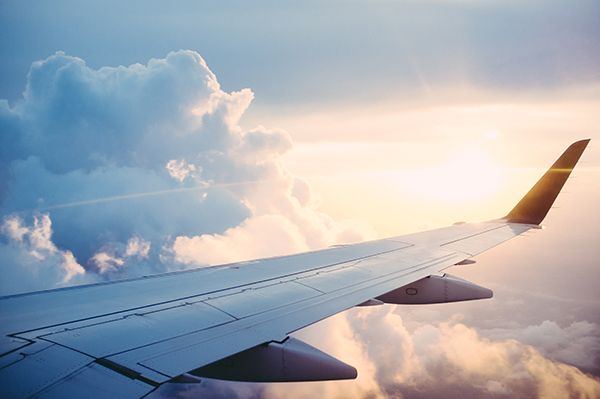

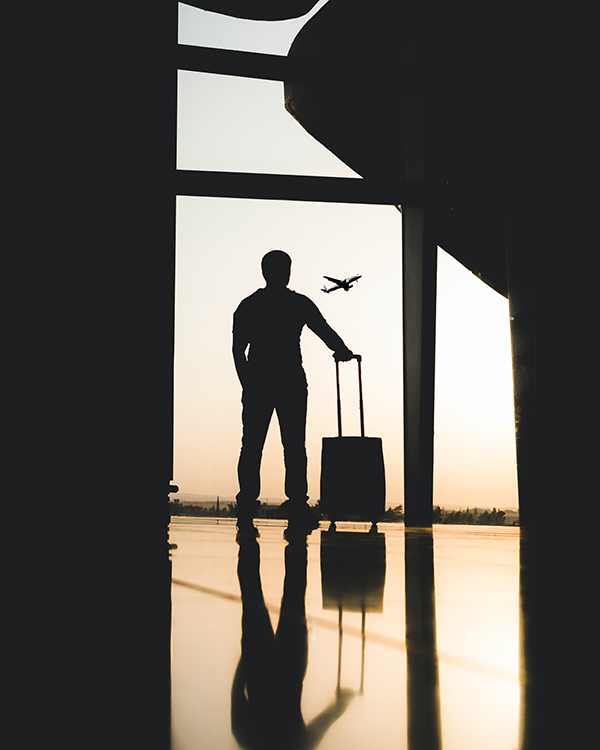
Basic travel health or medical insurance covers the following:
- Medical evaluation
- Pre-existing medical conditions
- Sudden death or repatriation coverage

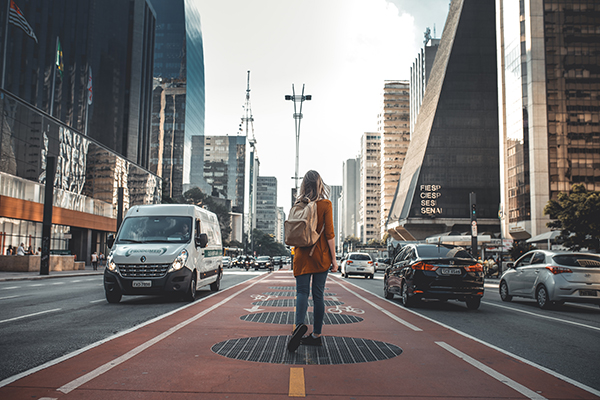
At Go Insurance, we recommend purchasing travel or vacation insurance near the date of your departure. If you are also considering purchasing coverage for trip cancellation or trip interruption, then we encourage you to give one of our insurance consultants a call before booking your trip.
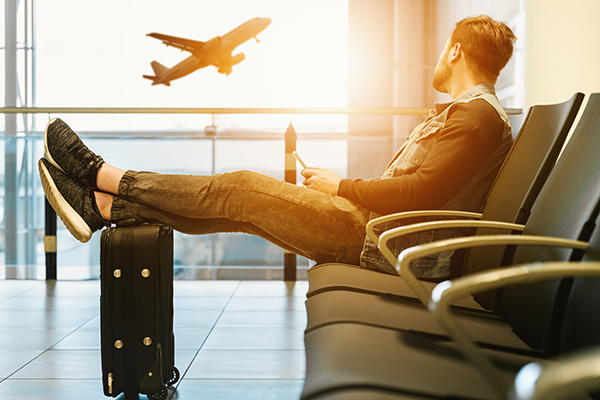
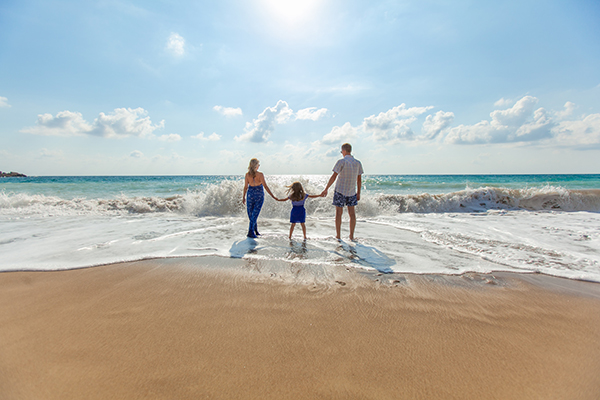
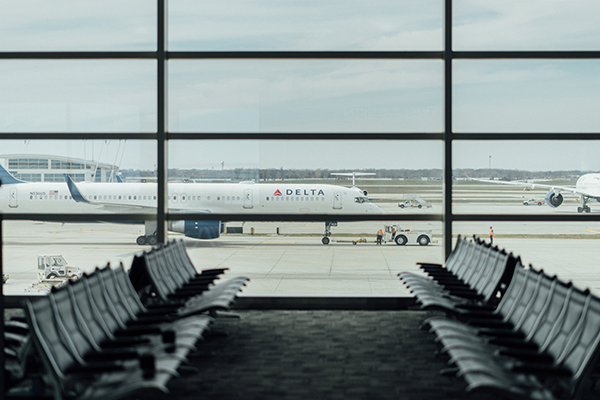
We recommend that you consult with one of our travel insurance consultants and review your trip cancellation coverage limitations as this may vary from policy to policy. To learn more about your trip cancellation coverage, be sure to give us a call at 1 (780) 448-2298 or call our toll-free number at 1 (866) 548-2298.
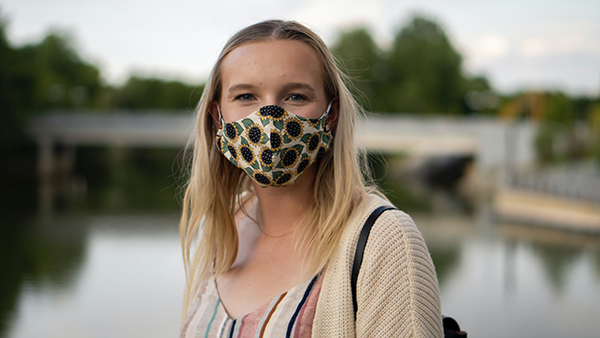
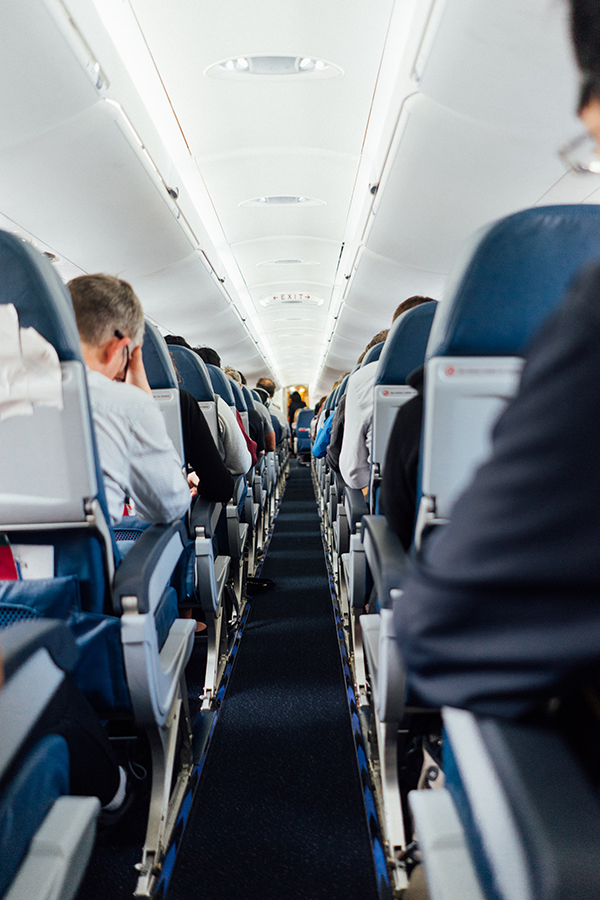
Our Location
Service Regions

Go Insurance Serves the Following Areas:
- Beaumont Bon Accord Calmar Devon Edmonton Fort Saskatchewan Gibbons Lacombe Leduc Legal Morinville Spruce Grove St. Albert Stony Plain Strathcona Country Sturgeon County Thorsby Warburg Toefield Wetaskiwin